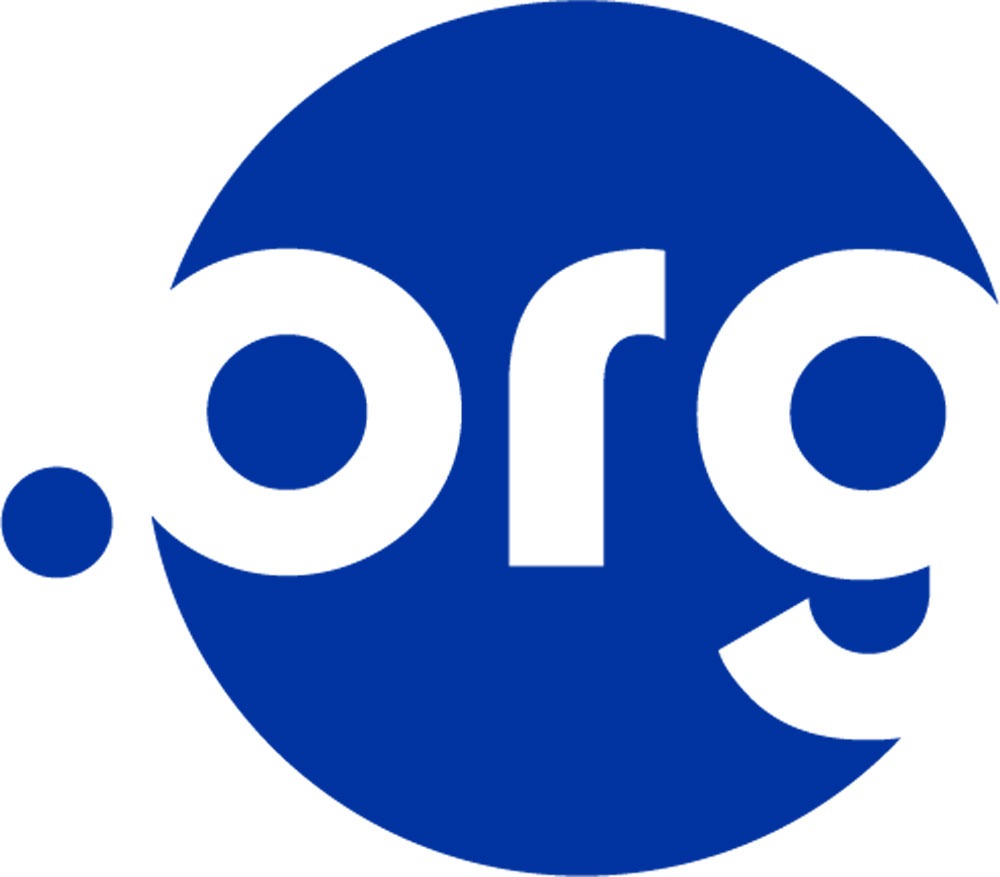
January 8, 2020; New York Times
Nonprofits are used to fighting for funding, visibility, regulations, and more—but are they ready to fight for the internet?
For the past several weeks, discussions have been underway about the proposed sale of the Public Interest Registry from the nonprofit Internet Society to a for-profit equity firm called Ethos Capital.
“The Internet Society’s central focus is not on domain name operations,” the Internet Society said in a statement on Tuesday. “We need to focus on the goals we have—to make the Internet available to the people who don’t have it, and to make sure the Internet is defended against its attackers.”
Ethos is prepared to pay $1.1 billion for the PIR, which last year made about $93 million in revenue. Jon Nevett, PIR’s CEO, said that Ethos was forming a Stewardship Council and a Community Enablement Fund and planning to enhance .org’s Impact Awards and other educational and outreach efforts.
But many stakeholders—mostly nonprofits with websites in the .org domains—are very concerned about this sale. The price caps on .org domains were removed a few months ago, and nonprofits worry the price of domains could rise and block access. Leaders also raised concerns that Ethos would sell data—they do, after all, have to make back $1.1 billion from the sale—or allow censorship or surveillance.
Sign up for our free newsletters
Subscribe to NPQ's newsletters to have our top stories delivered directly to your inbox.
By signing up, you agree to our privacy policy and terms of use, and to receive messages from NPQ and our partners.
It’s also just uncomfortable to think that nonprofits’ access to the internet—a tool that has allowed so many organizations to grow and work where they otherwise could not—will be controlled by a company with a profit motive.
“What offended me about the Ethos Capital deal and the way it unfolded is that it seems to have completely betrayed this concept of stewardship,” said Andrew McLaughlin, who oversaw the 2016 transfer of internet governance from the US Commerce Department to ICANN.
ICANN is the Internet Corporation for Assigned Names and Numbers, an entity that oversees domains and registries. It was formed in 1998 and, according to the Internet Society, serves a few main functions, including those of the now-defunct Internet Assigned Numbers Authority.
ICANN is now perhaps the only entity that could stop the sale of .org domains to Ethos, because its approval is required for any such transfer. According to Ars Technica, “The agreement between PIR and ICANN designates PIR as the registry operator for the .org top-level domain. It says that ‘neither party may assign any of its rights and obligations under this Agreement without the prior written approval of the other party, which approval will not be unreasonably withheld.’”
What “unreasonably withheld” means is, of course, discretionary, and that’s what concerns internet leaders. Several executives have signed on to create a cooperative, which they offer as a nonprofit alternative to Ethos to take control of .org domains. The proposed cooperative’s board includes a former ICANN director, and the idea has support from Electronic Frontier Foundation (EFF).
ICANN has until January 30th to approve, halt, or question the sale of PIR. Protests have been held, and petitions have been started, but the future remains uncertain.—Erin Rubin













